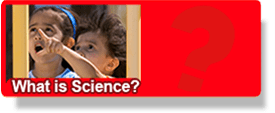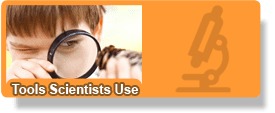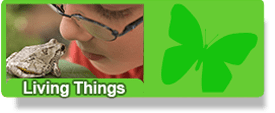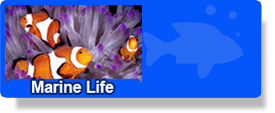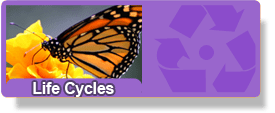Classroom Inquiry
Classroom inquiry activities stem from the Scientific Literacy Project’s central tenet that science is a process of inquiry in which we construct, evaluate, and reconstruct models of the natural world. Children participate in teacher-guided activities that involve making predictions, taking measurements, making observations, recording what is seen or measured, comparing observations with predictions, summarizing, and communicating answers to others. In other words, inquiry is central to science.
Each of the six science units includes a number of hands-on learning activities that support the development of important scientific reasoning skills. For example, children go on nature hikes to observe the natural world around them; they explore how friction influences the motion of objects; they practice measuring with a measuring tape; and they make observations of animals in a saltwater aquarium. Each unit includes three types of activities:
Sample of Classroom Inquiry Guide
Download a sample unit guide developed by the Scientific Literacy Project (SLP) as an example of how an inquiry-based science curriculum might be implemented in kindergarten classrooms.
Pre-inquiry activities
These are whole-class activities that encourage brainstorming and discussion to activate knowledge that children already have on the subject in question, to introduce the purpose of the investigation, and to provide children with a framework for investigation.
Inquiry activities
Children work in small groups on activities associated with scientific investigation. Children are encouraged to ask questions or make predictions, to discuss how the planned investigation will provide relevant data, to collect and record data, and to draw conclusions from the data. During the inquiry activities, children continue to read science books that are thematically related to the topic of investigation.
Post-inquiry activities
Following the investigation, children discuss the results of their scientific inquiry and share what they have learned, either in small groups or with the whole class.
The unit guides developed by the Scientific Literacy Project (SLP) are provided as examples of how an inquiry-based science curriculum might be implemented in kindergarten classrooms. As an example, the Teacher Inquiry Guide for the Lifecyle of a Chicken Unit is available for download at the bottom of this page. We do not offer classroom kits or curricular materials. Rather, the examples used in the SLP project are meant as guides that teachers can modify, adapt, and extend to suit their needs and those of their students.
In the SLP framework, the teacher acts as a facilitator to support children’s learning from the inquiry units. The teacher scaffolds the children’s learning by asking questions, providing hints and reminders through the process of investigation, and modeling skills for children as needed. The teacher also helps children communicate by encouraging small group and whole-class discussion and developing a system for students to share what they have learned in each inquiry cycle.

